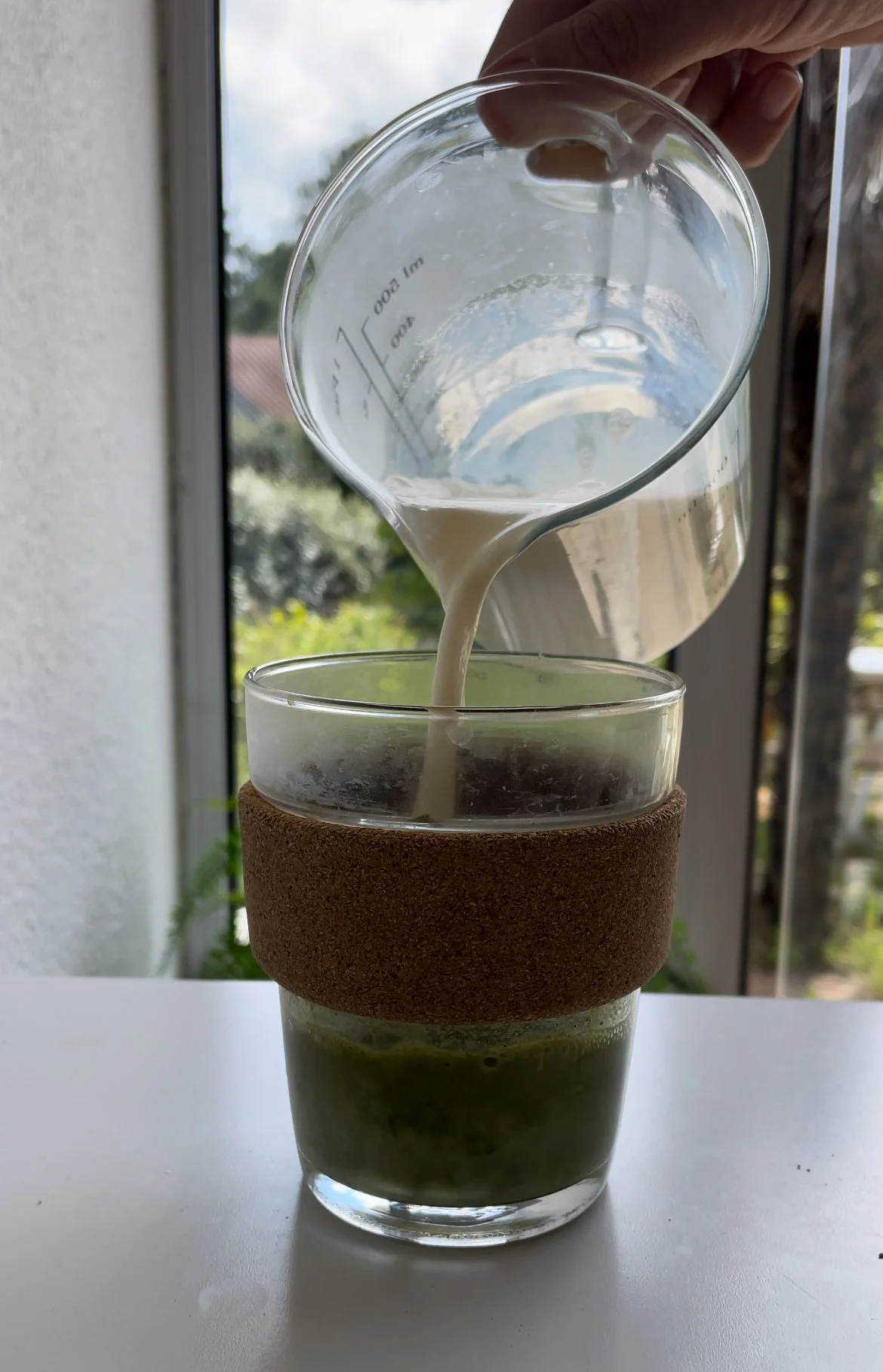Discover the Healing Power of Reishi: The Mushroom of Immortality
Reishi mushroom comes from Chinese Medicine, where it is called Ling Zhi, or “spirit plant,” underscoring its role in promoting tranquility, improving mental clarity, and enhancing spiritual health.
Historically, Reishi was consumed by Taoist monks and other spiritual practitioners to aid in meditation and achieve a state of peace and balance.
It’s also widely known as the “Mushroom of Immortality” and "Ten-Thousand-Year Mushroom.” The term "ten thousand years" is often used in Chinese culture to denote something eternal or of great longevity, further emphasizing the mushroom's reputed health benefits and its esteemed position in herbal medicine.
As you’ll read below, Reishi mushroom works on many different aspects of the body, making it a comprehensive whole-body plant medicine.
Its taste should be bitter. The more bitter, the better.
Summary of Reishi Mushroom’s Actions:
Adaptogen: Reishi is considered a "chi tonic" in Chinese medicine, used to build up deficient constitutions marked by coldness, weakness, fatigue, and lethargy. It helps increase vitality and is traditionally given to middle-aged or elderly individuals to replenish their waning vital force.
Anti-viral: Studies show Reishi helps individuals with herpes simplex virus (HSV-1 and 2) and vesicular stomatitis virus (VSV), reducing symptoms and pain.
Antioxidant: Reishi's antioxidants protect cellular components from oxidative damage, reducing the risk of mutations and carcinogenesis. Its polysaccharides and triterpenoids show significant antioxidant activity, supporting immune cell health.
Inflammation Modulating: Reishi reduces various inflammations, including neuron-inflammation and autoimmune conditions. It balances the "pro-inflammatory" side of the adrenal cortex, supporting the inflammatory response without suppressing the immune system.
Bitter Tonic: The triterpenes in Reishi make it a bitter tonic, impacting the liver as a hepatoprotective agent similar to Milk Thistle. It also supports digestion and has a grounding effect on the vital force, aiding in spiritual and mental balance.
Cardiac Tonic: Reishi's water and alcohol-soluble constituents inhibit platelet aggregation, reduce hypertension, and lower blood lipids. The triterpenes inhibit the angiotensin-converting enzyme, supporting heart health.
Hepatoprotective: Reishi protects and restores liver function, beneficial in cases of hepatitis, cirrhosis, and liver damage from drugs and alcohol. It supports liver metabolism and is used similarly to Milk Thistle.
Immunomodulator & Tonic: Reishi increases monocytes, T-cells, and macrophages in immunodeficient individuals while reducing excessive inflammation in autoimmune conditions. It balances the immune system and is studied for cancer and immunodeficiency treatments.
Nervine Trophorestorative: Reishi nourishes and strengthens the nervous system, producing a state of peace rather than sedation. It helps with insomnia, anxiety, and muscle tension by acting as a mild CNS relaxant.
Respiratory Tonic: Reishi restores proper function and structure of respiratory tissues damaged by chronic stress or illness. It helps with chronic respiratory infections and supports lung strength, particularly for those exposed to toxins or smokers.
I like to take my Reishi in the morning. Here’s a simple recipe to get you started:
Reishi Matcha Tea
1/4 cup hot water
1 teaspoon matcha powder
dash of cinnamon
1 teaspoon reishi powder
1 cup warm milk or mylk
raw honey (or maple syrup) to taste
To make:
Add the matcha, reishi, and cinnamon to a mug, add warm water and mix with a whisk until the powders dissolve.
Add the warm milk and honey and stir.

